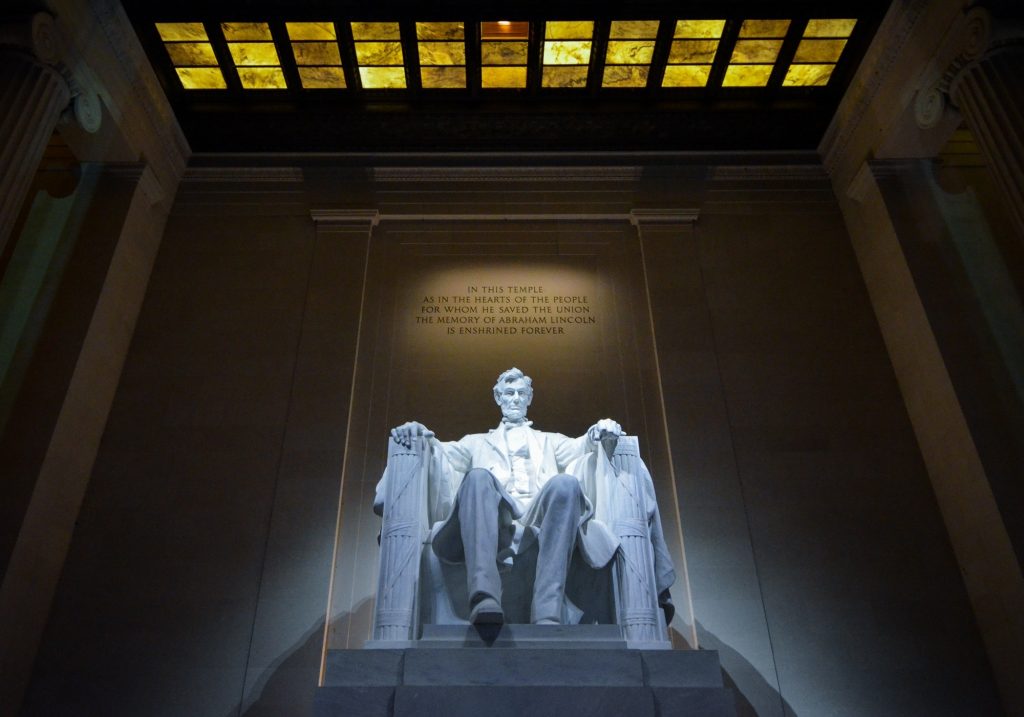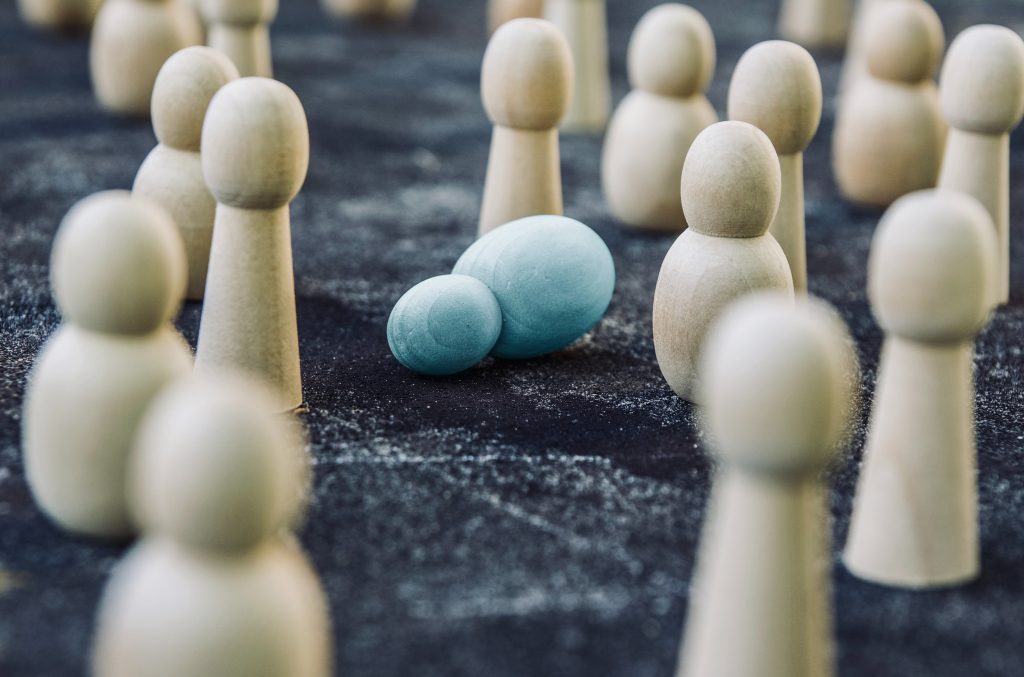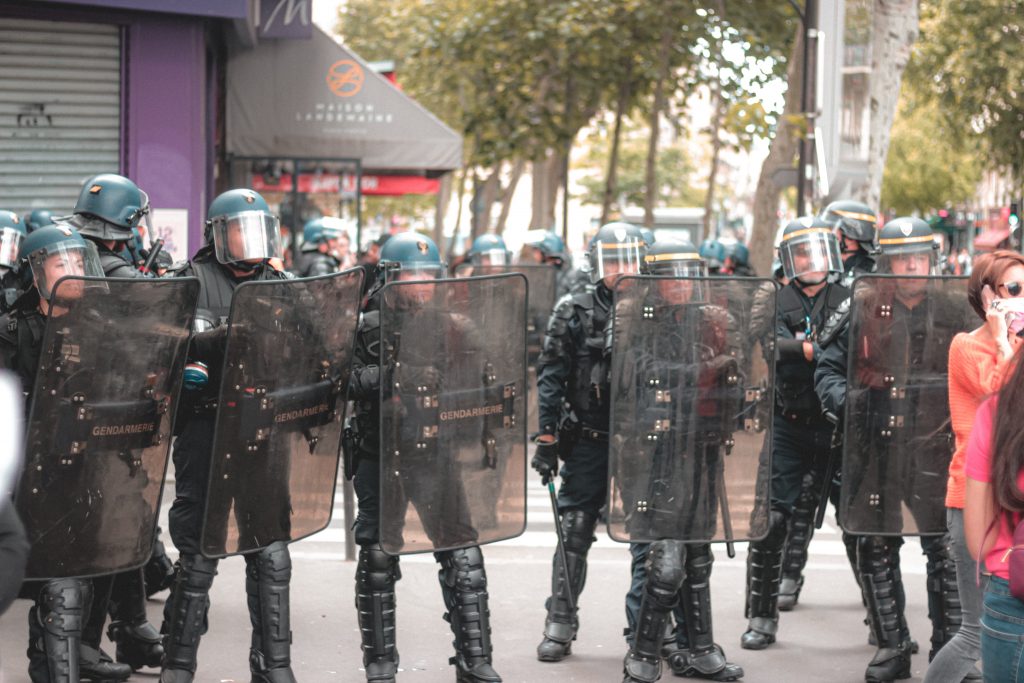This is a free essay sample available for all students. If you are looking where to buy pre written essays on the topic “Does The President Have Too Much Power”, browse our private essay samples.
Every year, Time magazine ranks the hundred most influential around the world. There is hardly an instance in the magazine’s history when it had placed someone at the top other than the president of the United States. From WWI onward, the US has actively participated in world affairs.
With strong economic power and military might, it may give the US president too much power. Maybe it is the soft power of the United States that makes it a worthwhile player in the world arena.
Whatever the case, we’ll take a look at does the president has too much power or what makes the presidency too powerful.
Are you overwhelmed by your school essay? If yes, then your worries end here! Our expert writers can cover a wide range of topics so you never have to. So, connect with us right away and get a custom-written essay!
Reasons Why The US President Has Too Much Power
The idea of whether presidential power is too much or not has been the subject of much debate in recent times. Often when the US is hit with a crisis, people around the world look at the president and wonder what he can do in such cases.
The extent of what can be done depends on what he can do by the powers vested to him by the constitution. A look at the powers of the president in the constitution gives the idea that he has, indeed, too much power.

In the section below, the reasons why the presidential powers are too much will be discussed. Before going into the details, here is the rundown:
- Too Much Responsibility For One Person
- Presidential Pardons
- Executive Orders
- Powers To Rage War Abroad
- Potential For Abuse Of Powers
- “Immunity” Against Congress & States
Now, let’s dissect each section one by one.
Too Much Responsibility For One Person
Political scientists are of the view that the position of the president has too much power. If someone takes a look in passing, he or she will notice that a single person is responsible for both domestic and international affairs in presidential power.
That’s why many contend that the list of duties that a president must perform is too much for a single person without consultations of the executive branch. In many countries, the duties merged in one office are often divided into two offices, such as a president and prime minister. Contrary to this setting, the president is too powerful in the US.
Roles of the US President
- Chief of State: Acts as a symbol of unity for the whole country
- Chief Executive: Appoints officers at key federal positions, grants pardons, etc.
- Commander in Chief: Controls armed forces
- Chief Diplomat: Holds negotiations with other countries and international entities
- Chief Legislator: Passes or turns down legislation and works with Congress on the budget
- Superpolitician: Elects candidates for his party and raises funds
Taking a quick look reveals that this is, indeed, a hectic list of duties for one individual with the president’s power.
Presidential Pardons
In the constitution of the US, it is clearly stated that it is in the presidential powers to grant pardon or reprieve to anyone against any offense, except in case of impeachment.
When taken at their face value, these give the US president too much power. The historical lineage of these powers can be traced from the prerogatives of the Kings of England and other monarchies of Europe. Instead of being political or temporary, those were inherent powers and often exercised to grant pardons in exchange for military service or money.
What makes presidential pardons too powerful is their ability to supersede the whole judicial system of the US as a legislative power.
For instance, if the presidential power has decided to pardon a convicted felon, it goes against the judgment of the whole judicial system of the country and that of the executive branch. It is worth mentioning that many presidents have used these powers to release family, friends, and supporters from incarceration.
Executive Orders
Executive Orders or proclamations are the orders given down to federal offices by the president or governor without any consultation with Congress, the judiciary, or any other branch of the state, such as exercising the powers of the Chief Executive.
Even though these cannot be directed toward citizens, they are often affected by them since federal offices exercise authority over them through presidential power.

The use of presidential power is nothing novel. Since the presidency of George Washington, every US president has exercised his presidential powers to direct executive orders, such as to declare war.
Following are the special circumstances in which inherent powers are exercised:
- To defend the US in times of war and crises
- To respond to natural disasters
- To cope with economic and fiscal crises
- To encourage or discourage federal agencies regarding regulations
- To promote and conserve civil rights
What is interesting to note is that there is no clear mention of Executive Orders in the constitution. Presidents often derive formal powers for the president’s power from Article II to declare war. This makes them the Commander in Chief of the Army and Navy of the US and the keeper of the laws to be “faithfully executed”.
Powers To Rage War Abroad
With the largest standing army equipped with modern equipment and tools to wage war against the enemy, it is not a part-time job to be the Commander in Chief of the US Armed Forces and use the executive power.
Technically, the presidential power to wage war abroad is limited by the Congressional ceiling. Still, many presidents have used powers without impunity from World War II until Vietnam War. With the deadliest war in US history, Congress passed the resolution for “collective judgment” by both offices in case of any offense against the US.
But after the debacle of Nine Eleven, Congress handed over immense powers to the President. President Bush was given powers to use appropriate force against any enemy of the United States. These were most effective to eliminate roadblocks from the executive branch for presidents, especially if the culprits were defined as terrorists.
Examples of such powers include:
- Obama’s war against ISIL
- Trump’s attorneys used these powers as an excuse when the premier ordered the blowing up of a Syrian airfield.
This shows that presidents often become too powerful for their good and that of the rest of the world.
Potential For Abuse of Powers
Although there are many roadblocks and safeguards, for example in the form of impeachment, to check the powers of the US president. Since there is potential for the abuse of power, Presidents never shied away from abusing those powers.

Here are some of the instances when chief executives went all-in with proclamations or other constitutional powers:
- President Nixon lied about the Watergate Scandal blatantly and justified his move through Article II
- President Andrew Jackson openly defied Supreme Court orders
- President Franklin Roosevelt tried to change the structure of the Supreme Court. This way, he was trying to contain its powers to sustain his own.
It is interesting to note that in the modern presidential history of the US, there is no shortage of instances when presidents went all out with their “president’s power“.
Modern President Obama, for instance, is considered to be guilty for;
- Waging military strikes on Libya without the due approval from Congress
- Making recess appointments without taking Congress into confidence
“Immunity” Against Congress & States
For years, Congress, states, and the executive branch have been making efforts to limit the presidential powers. Even with that hostility, presidents have managed to wield powers in the most open and blatant ways.
For example, Trump has rolled back many regulations and rules in recent times. Many of his appointed heads started meddling with their respective departments after they were endorsed by Congress.
Two cases in view:
- EPA appointed advisors from manufacturing industries that use fossil fuels to advise on environmental protection and help them devise policies for handling toxic chemicals.
- Under the Attorney General’s office, the DOJ has made a sweeping impact to re-issue hard-line policies on the war on drugs, anti-immigrant policies, and laws to implement police reforms.
Many analysts who have studied the impacts of the liberal use of Executive powers and orders from Obama, Bush, and Trump are raising concerns.
Concluding Remarks
Since 1914, the US has been playing an active role, often that of a leader, on the global political stage. It has the most sophisticated military in the world and influences change over other countries. With most of the domestic powers trusted in the President’s office, it is no wonder that the office has become too powerful. In the light of recent abuses of Executive Orders by the most considerate premiers without the consultation of the executive branch, there is no denying that the office of the US President holds too much power over the rest of the US as well as over the world.
Sources:
- https://qz.com/1020499/the-office-of-the-us-president-has-too-much-power-and-congress-is-finally-moving-to-limit-it/
- https://www.asd5.org/cms/lib/WA01001311/Centricity/Domain/897/Docs_Presidential%20Power.pdf